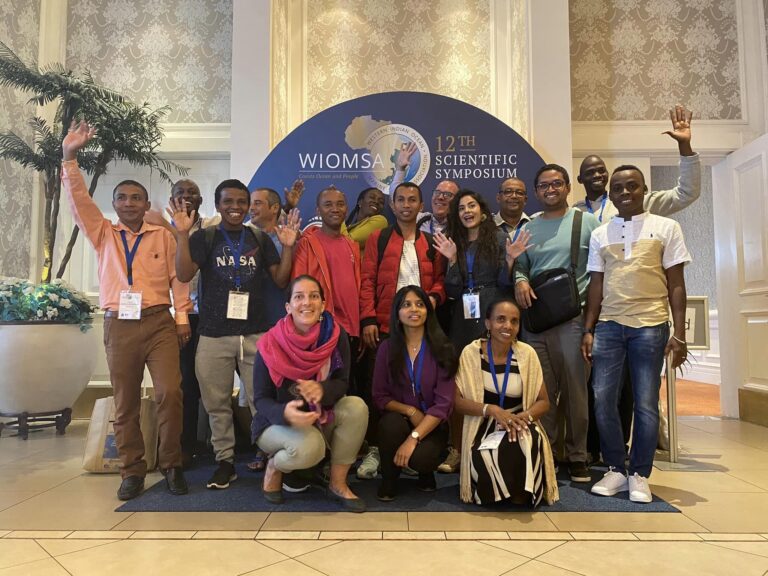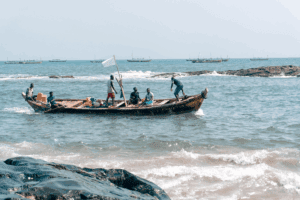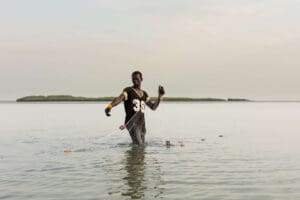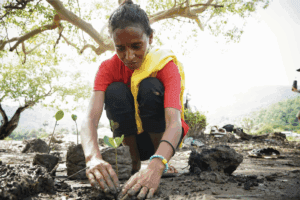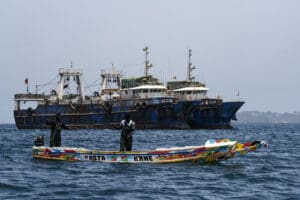This year’s Western Indian Ocean Marine Science Association (WIOMSA) Symposium provided opportunities for colleagues across East Africa, Comoros, Madagascar and West Africa to come together, learn lessons, and share experiences in supporting locally led conservation with regional experts.
In several sessions and presentations, our team and partners COMRED and Mwambao called for the need to support coastal communities to rebuild their fisheries and share knowledge to drive more locally led conservation efforts. Our technical advisor for fisheries management and marine protected areas in Madagascar, Tahiry Randrianjafimanana, stressed the importance of using research to inform community-led fisheries management approaches that focus on securing the rights and improving the lives of local communities and Indigenous peoples.
“Sharing research provides evidence which informs national policy changes that support community-led fisheries management,” said Randrianjafimanana.
We believe there is a need to bring more community voices into marine management decision making processes. As such, we facilitated a session that brought fisher voices direct to the symposium, including Mohamed Chande, a representative from a beach management unit (BMU) in southern Tanzania who shared the views of people in his community about the power of locally led fisheries management.
“Building the capacity of BMUs through skills training will empower members to manage their fisheries effectively,” said Chande, representing Somanga BMU, Kilwa district.
Supporting small-scale fisher representatives, community members and grassroots leaders to participate meaningfully in research and policy-making spaces and discussions promotes inclusivity and transparent governance. Their participation in these processes provides essential platforms for frontline communities to raise social and climate justice issues.
In other sessions, we discussed the power of fisher learning exchanges to connect coastal communities and peer-to-peer fisher learning about applying and adapting marine and fisheries management initiatives to meet their communities needs.
“A learning exchange trip to Zanzibar with our partner Mwambao inspired Comorian women to start their conservation group,” said Effy Vessaz, Blue Ventures’ project manager in Comoros. “We have seen that exchange visits are amazing at inspiring women, and there is good evidence that sharing knowledge leads to action among fisher communities,” she said.
Coastal communities continue to face declining fish stocks and other livelihood threats from major global issues such as climate change and overfishing. It is increasingly important to find ways to support them to raise their voices to international stages – sharing powerful stories of coastal communities rebuilding their fisheries and inspiring change across the continent.

